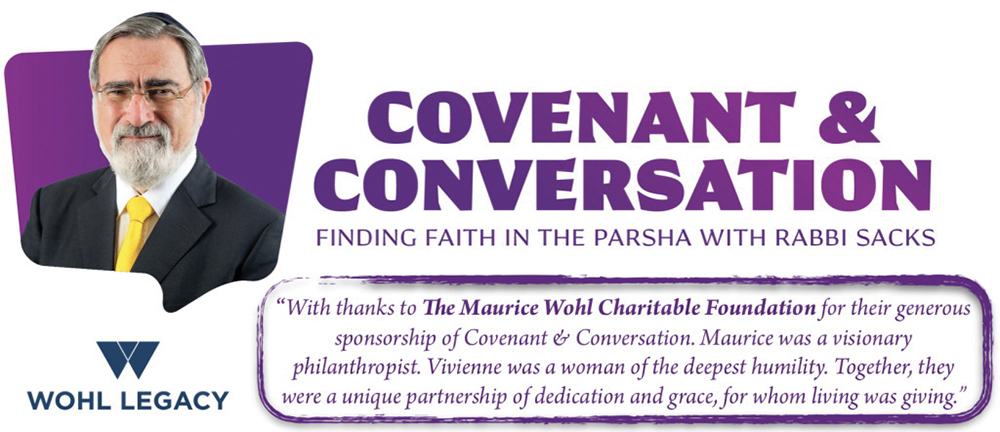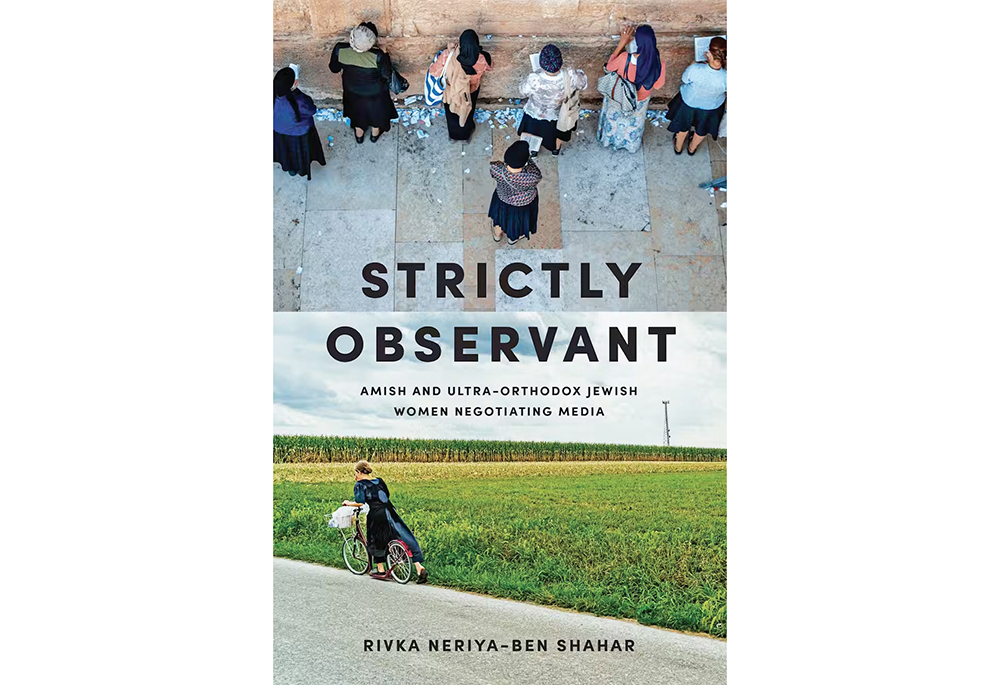
Highlighting: “Strictly Observant: Amish and Ultra-Orthodox Jewish Women Negotiating Media” by Rivka Neriya-Ben Shahar. Rutgers University Press. 220 Pages. 2024. ISBN-10: 1978805225
When doctoral students contact those they want to interact with, it’s generally a more formal process, often using templates, form letters, email and the like.
Now imagine a researcher who wants to study the Amish who goes up to one of the women in Amish Country, Pennsylvania, and says, “Hi, my name is Rebecca, like Rebecca from the Bible. I come from Jerusalem, from the Holy Land. Can I talk with you?”
That might not be a conventional approach, but that’s the approach Dr. Rivka Neriya-Ben Shahar used. In “Strictly Observant: Amish and Ultra-Orthodox Jewish Women Negotiating Media” (Rutgers University Press), she has written a fascinating analysis of how Amish and ultra-Orthodox Jewish women deal with modern technology and media.
The book focuses on how the female members of these communities deal with the complex tensions involved with media and technology use. It’s an interesting cross-cultural comparison of these two very different yet similar communities. While their religions are different, the struggles and challenges and how they deal with them are often similar.
Multiple and complex news consumption is an essential part of women’s cultural, religious and social capital. News has the power to bring the outside world into the community, family and the home. At the same time, it can distribute personal, familial and communal information throughout the same circles.
This most interesting read details and contrasts the struggles and challenges these two communities of women face and how they deal with them.
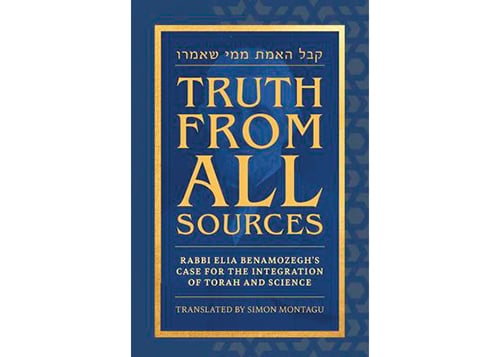
Highlighting: “Truth From All Sources: Rabbi Elia Benamozegh’s Case for Integrating Torah and Science” by Elia Benamozegh and Simon Montagu. Independently published. 158 Pages. 2025. ISBN-13: 979-8303317611
Rabbi Elia Benamozegh (1823-1900) was an Italian Orthodox rabbi and scholar. In “Truth From All Sources: Rabbi Elia Benamozegh’s Case for Integrating Torah and Science” (Daat Press), the story would almost be the same if you replaced his name with Rabbi Natan Slifkin.
Benamozegh, like Slifkin, aroused the ire of many rabbis of his time. In 2004, three of Slifkin’s books were banned because some in the Charedi community perceived their content as containing heresies.
Benamozegh wrote a Torah commentary, “Em LaMiqra,” which incorporated non-Torah sources, including science, philology, archaeology, history and more. In 2025, books like that can be found in Jewish bookstores and on the bookshelves of Jewish homes. But in 1862, it was seen as a sort of shatnez, a scandalous mixing of the sacred and the profane.
The book’s title refers to what Rambam wrote in his introduction to Pirkei Avot: “One should accept the truth from whatever source it proceeds from.”
In this fascinating read, Simon Montagu has translated Benamozegh’s superb, articulate and compelling response to his detractors.
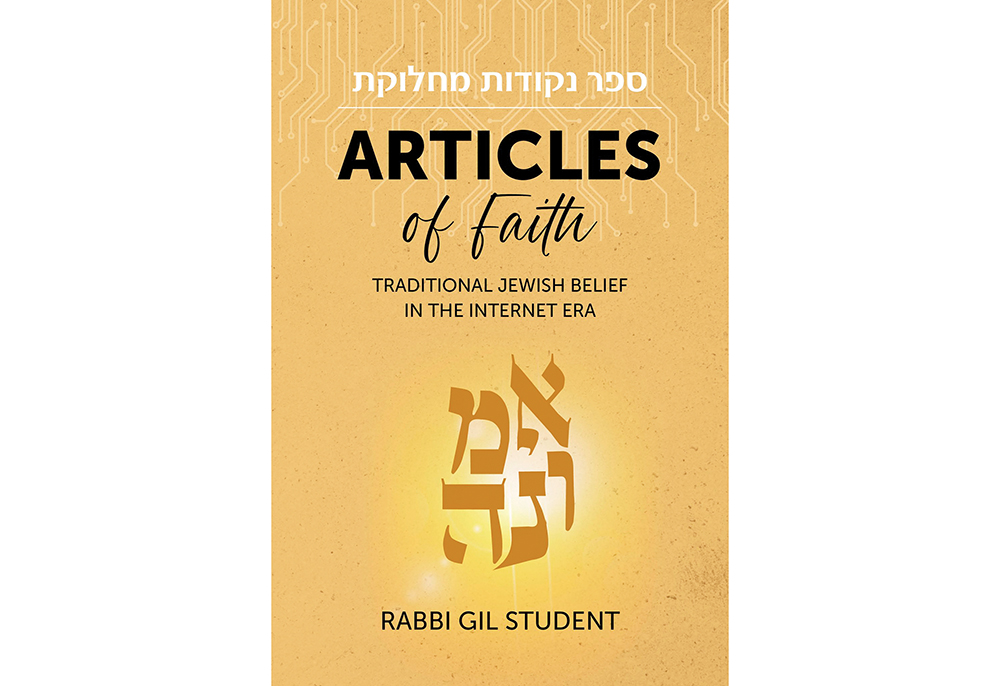
Highlighting: “Articles of Faith: Traditional Jewish Belief in the Internet Era” by Gil Student. Kodesh Press. 342 Pages. 2024. ISBN-13: 979-8888940266
Readers here are familiar with Rabbi Gil Student via his insightful columns. In “Articles of Faith: Traditional Jewish Belief in the Internet Era” (Kodesh Press), Student has reprinted some of his greatest hits over the last two decades—as many of the articles have previously appeared in various Jewish publications and journals.
One of the highlights of an intellectually sophisticated writer is their ability to understand nuance. Judaism, in general, and halacha specifically, is not black and white. It is complex and nuanced. Student is one of those who really get it; and his articles here are elucidating and intellectually stimulating.
In the early 1990s, the Jewish blogosphere was at its pinnacle, and Student was one of the pioneers. From the internet to the Slifkin affair and more, there were plenty of controversies. This engaging read consists of studies on a variety of controversial subjects within Orthodox Judaism.
The most contentious issues, when dealt with in a mature and intellectually honest way, can bring out Torah’s true ideas. Too many writers, though, when dealing with these contentious issues, get into the realm of polemic rather than analysis of the ideas. But Student doesn’t fall into that trap.
The articles here are timely and interesting, as the author is an engaging writer. Here he tackles tough questions and gives honest answers. What more could a reader want?
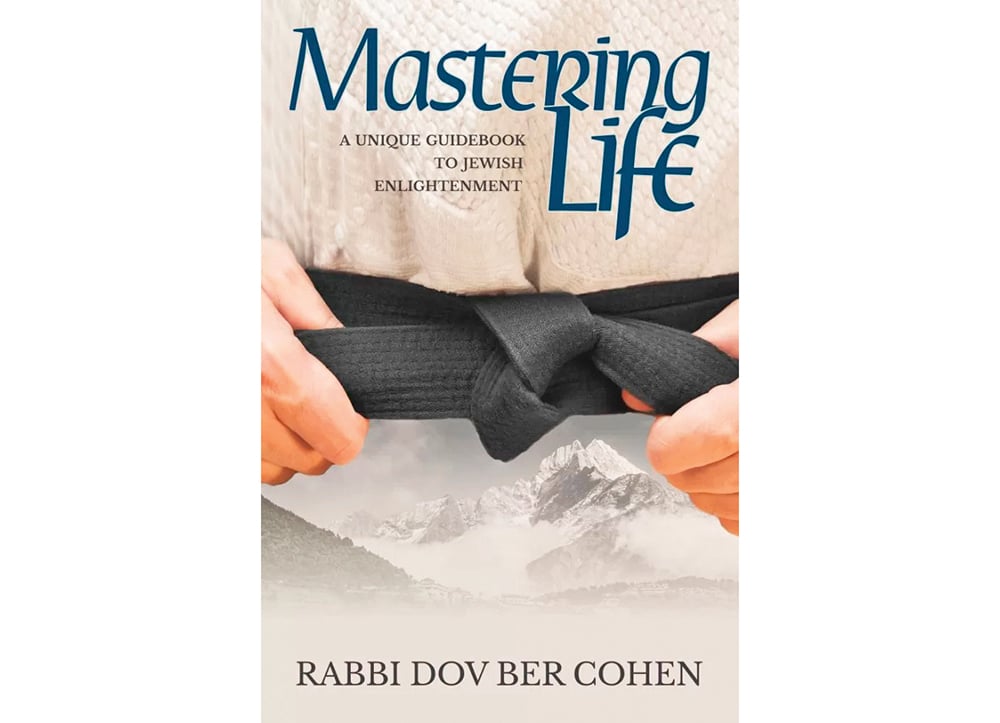
Highlighting: “Mastering Life: A Unique Guidebook to Jewish Enlightenment” (revised edition) by Rabbi Dov Ber Cohen. Mosaica Press. 192 Pages. 2019. ISBN-10: 1946351563.
The late Rabbi Adin Even-Israel Steinsaltz, in “The Long Shorter Way—Discourses on Chasidic Thought,” writes of mankind’s complex nature as they strive to attain unity with the Divine One.
In reading the spiritual journey of Rabbi Dov Ber Cohen in his autobiographical work “Mastering Life: A Unique Guidebook to Jewish Enlightenment” (Mosaica Press), he details his complex spiritual journey from his birthplace in England to the pagan temples of Thailand and Sri Lanka and finally to the sacred study hall of Aish HaTorah in Jerusalem.
Cohen’s common message here is to appreciate the things we have in life. He writes about how we can create an authentic relationship with the creator by appreciating all the positive things in our lives and recognizing where they come from.
He quotes the Baal Shem Tov who points out that the Hebrew word b’simcha, with happiness, has the same letters as machshava, thought. The message is that if our thoughts are in the right order, we will have a positive outlook on life and be in a stable state of true happiness, not reliant on external circumstances, which are beyond our control, to make us feel happy.
The book includes exercises to make the ideas he details real. The path to enlightenment is a journey, and Cohen invites you to go along on the ride with him.
Ben Rothke lives in New Jersey and works in the information security field. He reviews books on religion, technology, philosophy, and science. Follow him on Twitter at @benrothke.







